Repetitive Strain Injuries in Musicians
Many musicians have heard of repetitive injuries, but are not really sure what they are, how they are caused, or if they should worry about them or not. Horror stories are heard over and over about musicians whose careers where threatened or ended by such conditions as carpal tunnel syndrome, tendinitis, thoracic outlet syndrome and other conditions. Little is taught though, about these injuries in schools, colleges, or conservatories.
Do not neglect your body’s signal that something is wrong. It may be your only chance to correct a serious condition. Neglect may cost you your career.
Why Your Arms and Hands are hurting
The most common complaints in musicians are hand, forearm, and arm pain. This is due to the repetitive hand and arm movements involved with playing music. Repetitive bending of the fingers (for example, to play repeated notes on the fretboard of a guitar) can lead to inflammation and micro-tearing of the tendons. The muscles in the forearm can fatigue, strain, and weaken from injuries due to continuous playing.
Warning Signs
If you begin to experience any of the following warning signs, seek chiropractic or medical attention immediately.
- Tingling, numbing or burning sensations in the extremities
- Difficulty grasping objects
- Weakness of the hands
- Pain during or after playing or practicing
- An increased feeling of clumsiness with your hands
- Neck pain that seems to travel down to the arm
- Constantly sore arm and forearm muscles.
- Pain upon moving your shoulder, elbow, wrist, or fingers
- Feelings of depression due to pain or potential loss of job.
- Pain upon lifting hand-held instruments.
- Pain upon carrying instruments to and from gigs.
- Coldness in the fingers while playing (more than usual).
- Hands turn blue or flush erratically.
- Restricted motion (stiffness) of the neck or arm.
Prevention Techniques to Avoid Injury
The following list will help you learn what to do to avoid injury.
- Listen to your body: If you hurt during or after playing, your body needs to rest and heal!
- Take more breaks during practice sessions. A 5 - 10 minute break every 45 minutes of practice is helpful to rest tired muscles. Perform stretches during this time and drink water.
- Avoid sudden increases of practice time. This is sure to strain your body.
- Be careful when changing instruments. Instruments have different “actions.” Instruments that needs a great deal of force from the fingers to produce tones may cause injury.
- Be aware of your playing environment. Cold temperatures increase the risk of repetitive injury, due to decreased blood flow to the extremities.
- Prepare your body before playing. Just as an athlete stretches, warms up, and prepares for an athletic event, the musician needs to do the same.
- Watch your posture! This is an important issue. Take a good look at your posture while playing your instrument. Are you slouching, bending your head, or elevating your shoulder? Try videotaping yourself to really see what you are doing.
- Become “one with the music”: if you let your body move with the music, instead of staying rigid, you will notice your muscles staying looser are a decreased soreness.
- Drink plenty of water. Your muscles are 75% water. Do them a favor and begin drinking about 8 glasses of water per day. This will reduce your risk of injury.
- Eat a healthy diet. Your body’s chemistry and overall health are dependent upon you eating the right foods. Don’t rely upon fast foods to achieve optimum performance.
As members of the Chiropractic Performing Arts Network (CPAN) and providers for MusiCares, our mission is to treat and help the artists that make Nashville such a vibrant musical city. For questions or to schedule an appointment feel free to call the office at 615-953-7544. (Article credit to Dr. Jameson at www.musicianshealth.com)


